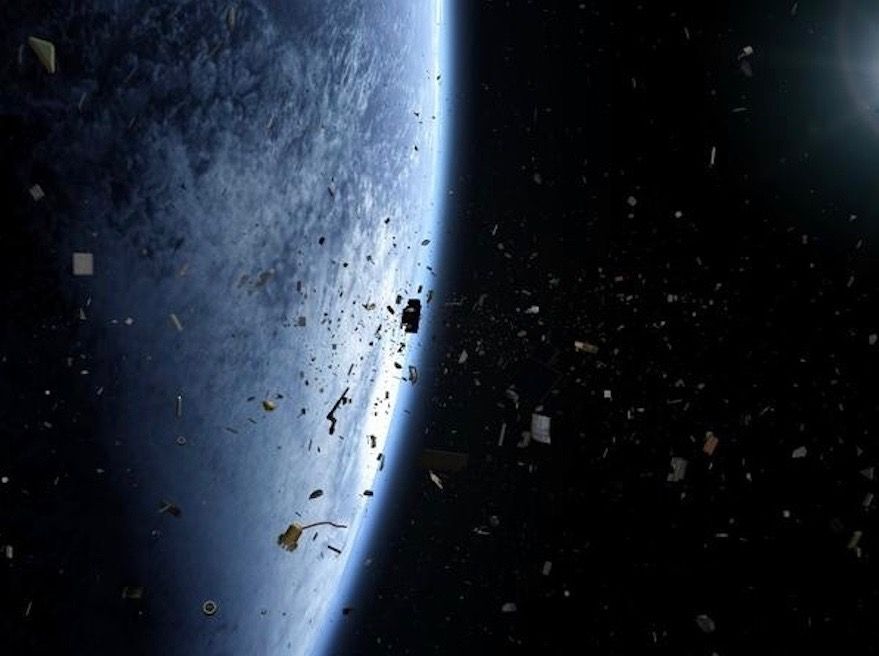
"But we do know at least one thing: orbital debris fields pose an existential threat," making the work of using space complicated and difficult.
We, as a society, did not create the orbital debris problem overnight, and we won't fix it overnight, either, said T.S.Kelso, a leading space debris expert with CelesTrak.
And we need operators of space surveillance systems — both government and commercial — to find ways to share more data," Kelso said.
This task won't be easy, but we need government support and commercial innovation to make it happen, and there are many companies out there eager to take on this challenge," Kelso said.
Hugh Lewis, a space debris expert at the University of Southampton in England, doesn't think that the recent destruction of Cosmos 1408 is quite an "aha" moment, "but it should certainly motivate us to address the fundamental gaps in our knowledge and to set expectations about responsible behaviors in the space environment.".Lewis said that we need a moment, perhaps some sort of shared global experience and corresponding insight, that drives us forward.performed an ASAT test that created a significant debris hazard, said Donald Kessler, who retired from NASA in 1996 as the agency's senior scientist for orbital debris research.
That being the case, Kessler said his upfront concern is this: "There are much more important issues than orbital debris!We need to be more concerned about climate change, a pandemic and the increasing violence in our society, all of which are subject to an exponential increase and also have a 'tipping point,' just like the equations used to describe the orbital debris hazard," he said.
Carolin Frueh, an associate professor at the School of Aeronautics & Astronautics at Purdue University, is also grappling with the implications of orbital debris.If we're clogging up Earth orbit more and more, Frueh said, the effects of collisions are much more severe because the pieces can hit a lot more satellites.Anti-satellite tests, she said, are especially annoying because "that's creating space debris at leisure."
— Kessler Syndrome and the space debris problem
— Space junk: Tracking & removing orbital debris
But Frueh said she doesn't think that this circumstance is particularly likelyOverall, the Kessler Syndrome is one thing, but the problem is far more complicatedTrying to deal with orbital debris is of economic concern, Frueh said
There's stress on the system, because we're jumping so much closer to the critical densities that the [space] environment can allow," Frueh said